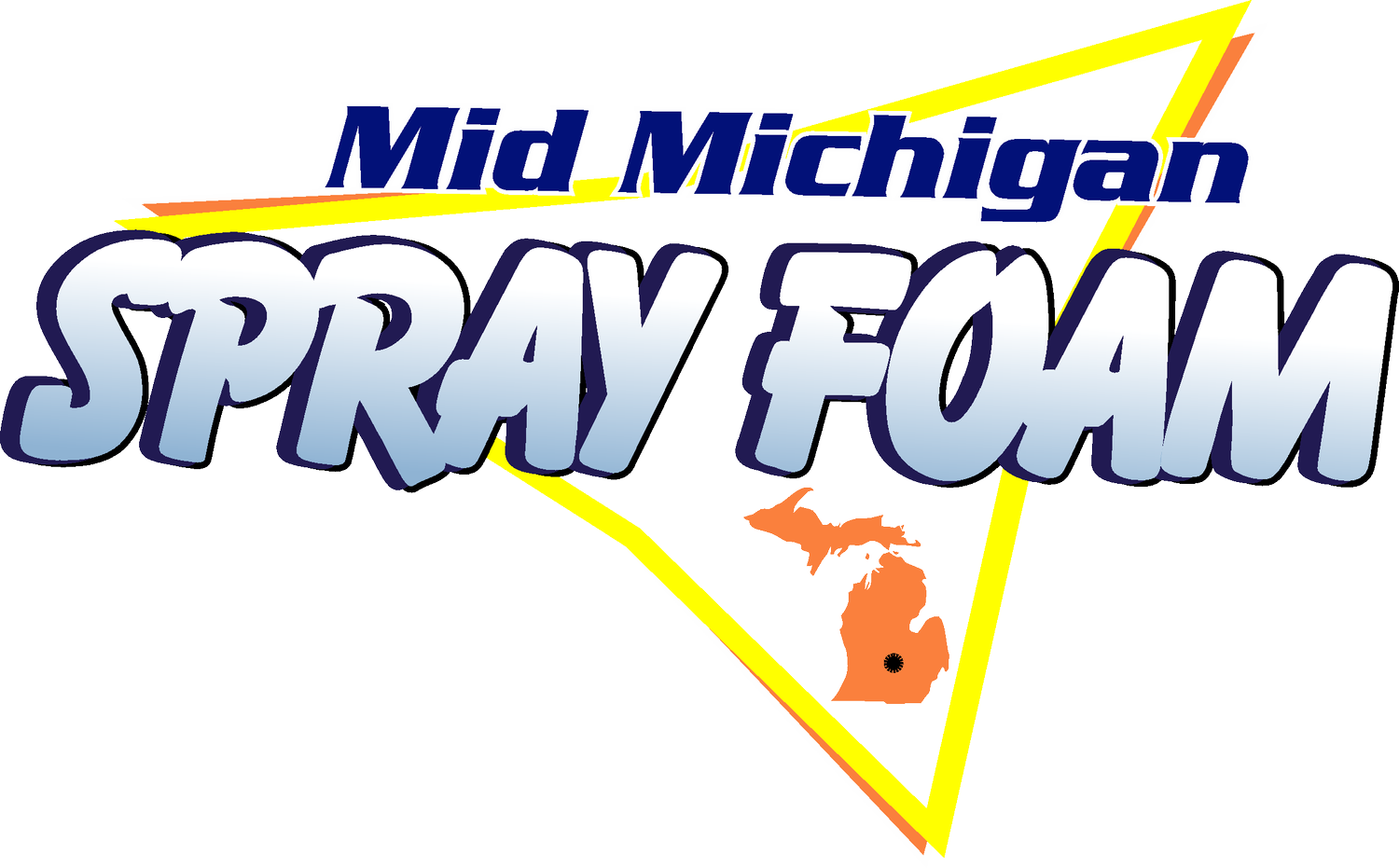Spray Foam Insulation for Michigan Barns
Metal-sided barns and pole buildings across Morrice, Owosso and St Johns face wicked temperature swings, barn “rain,” and critter intrusion. When warm indoor air meets a cold steel roof, condensation drips onto livestock and feed. Gaps around purlins let mice slip in and cold January winds howl through tack rooms. We solve those problems with spray foam insulation—especially the rugged closed-cell formula that bonds to metal and wood, creating a seamless air- and vapor-tight shell. That rigid layer adds strength, stops drafts, and keeps indoor temps steady all year.
Why Closed-cell Foam is the Farm Favourite
Closed-cell spray foam expands into every crevice, then cures into a dense 2-lb per ft³ mass with R-6+ per inch. That high R-value means fewer inches are required to hit Michigan’s recommended insulation levels, a big plus where interior clearance is tight above stalls or machinery. Just 2 in. on the roof deck drives the dew-point surface into the foam itself, shutting down condensation, while 3-4 in. on walls keeps winter heat in and summer heat out. Foam’s built-in vapor barrier also locks out barnyard humidity so trusses stay dry and corrosion can’t get a foothold. When we upgrade a metal barn, clients notice quieter interiors and warmer waterlines almost immediately.
Healthier Herds, Lower Bills
Livestock thrive in consistent conditions. After we foamed a dairy barn near Lansing, the farmer reported calmer cows and a 6 % uptick in winter milk yield because cold stress dropped. Slashing uncontrolled air exchange also cuts propane consumption; USDA data show air leaks can account for up to 40 % of heating energy in agricultural buildings. By sealing those leaks, we frequently see fuel savings of 20 – 30 % in the first season. Energy savings matter, but so does animal health—dry bedding stays mold-free and hoof problems decline.
Our Barn Insulation Process
We start with a site visit to measure steel gauge, framing depth and existing liner panels. If the structure is bare metal, we mask windows and fixtures, power-broom dust, and ventilate with negative-pressure fans during application. We typically spray 2 in. of closed-cell on the roof deck, then 3 in. on walls, trimming flush where interior panelling will hide the foam. For combination shop-and-storage buildings, we may apply open-cell foam on interior partitions for sound control while keeping closed-cell on the envelope to maximize moisture resistance. Every job finishes with a walk-through, so you see the continuous seal before panels go back up.
Ready for a Warmer, Drier Barn?
We insulate agricultural buildings across Michigan, from family horse stables in Howell to large equipment sheds outside Flint. Get a fast, no-pressure quote online from our insulation contractors or call today and tell us about your project. We will recommend the ideal spray foam thickness for code compliance and back our work with a workmanship guarantee. Let Mid-Michigan Spray Foam keep your animals comfortable and your energy costs down.
